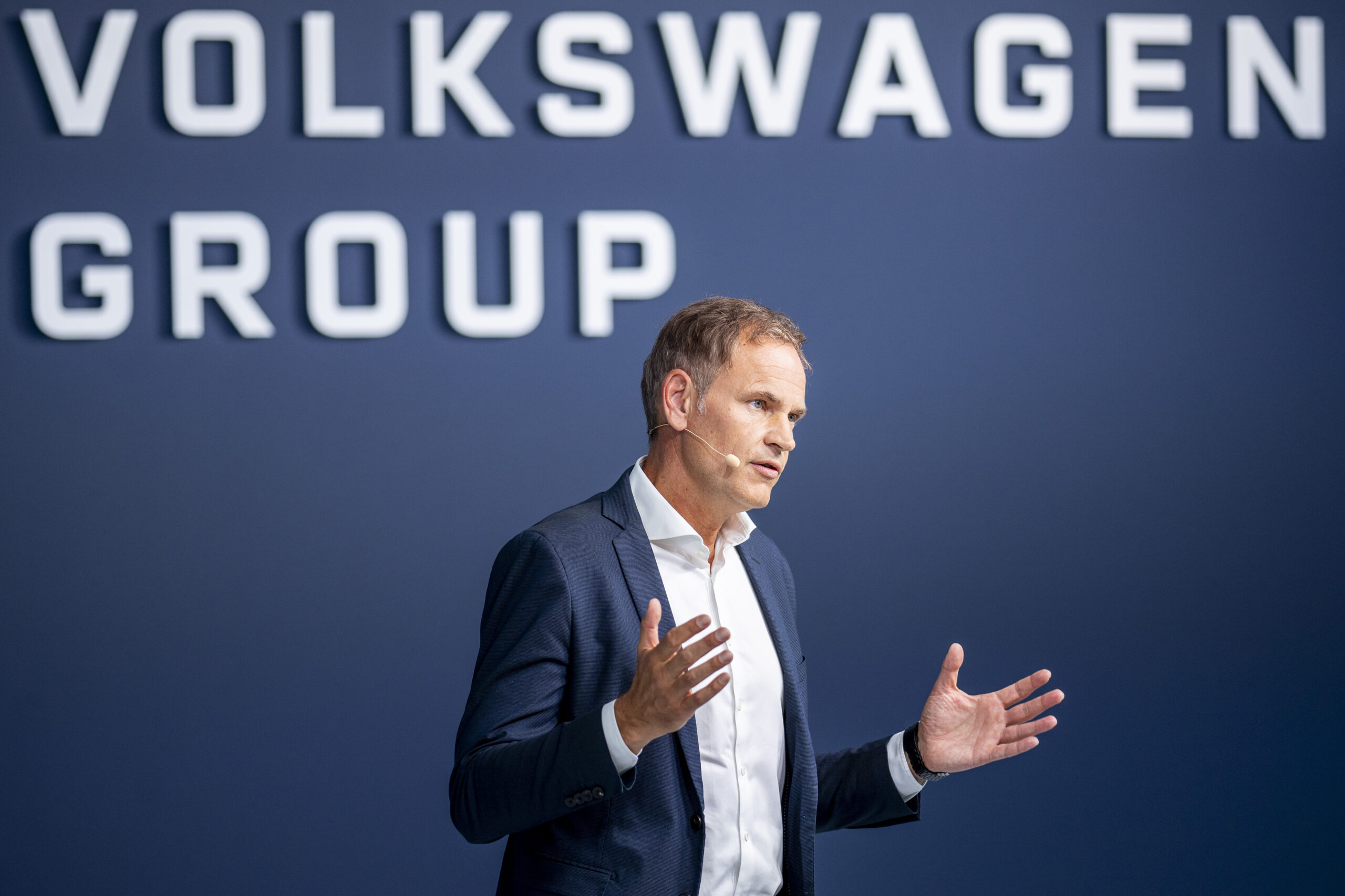Here’s who’s hitting up Volkswagen’s big shareholders

Asset management firm Flossbach von Storch has criticized Volkswagen for poor governance responsible for the share decline. The Porsche family and the government of Lower Saxony are under accusation. Facts and comments
Flossbach von Storch, a German fund management company, has criticized carmaker Volkswagen for its "flawed" governance. Co-founder Bert Flossbach told the Financial Times that "since the diesel scandal broke, the flaws [in Volkswagen's governance ] have become clearly evident."
WHO CONTROLS VOLKSWAGEN
The criticism arises from the poor performance of Volkswagen shares for about a year and a half and from the alleged inability of the majority shareholders – Porsche Automobil Holding, which owns 53 percent of the voting rights , and the German state of Lower Saxony, which has 20 percent – to solve the problem. “We are aware of Volkswagen's low valuation” in the market, Flossbach told the newspaper, “but we don't see any catalyst that can offset the discount compared to peers .”
THE PROLONGED COLLAPSE OF VOLKSWAGEN SHARES
Flossbach von Storch manages $70 billion in assets and is considered one of the most successful independent investment fund management firms in Germany. He owns Volkswagen bonds, but hasn't invested in its shares for years. Shares which, in the last eighteen months, have lost more than 50 percent of their value. According to Flossbach, this decline is exacerbated by the "complex and intricate" decision-making processes of the automaker, which is going through a complicated moment between the transition to electric and concerns about dependence on China (in 2022 it was worth about 40 percent of its sales global).
Flossbach compared Volkswagen's stock performance to that of Ferrari, a company fifty times smaller by revenue, yet has a larger market capitalization.
A WRONG GOVERNANCE?
According to Flossbach, Volkswagen's governance problem lies in its system of "voting" and "non-voting" shares. For example, the state of Lower Saxony owns 11.8 percent of Volkswagen's shares but has 20 percent of the voting rights; the Porsche-Piëch family, through Porsche Automobil Holding, has a share of less than 32 percent but 53.3 percent of the voting rights. Combined, these two shareholders own only 43.7 percent of Volkswagen's equity yet control 73.3 percent of the voting rights.
The bad share performance of Volkswagen, according to Flossbach, is due to the fact that the Porsche-Piëch family is not driven by economic interests, but by personal reasons, of control almost as an end in itself: Flossbach compares them to "a petulant child at the kindergarten” who doesn't want to share their toys with anyone. The state of Lower Saxony does not have any economic interests either: its goal is to keep Volkswagen's production base as much as possible within the state's borders, in order to guarantee employment.
VOLKSWAGEN HAS HANDS TIED
As a result, according to Flossbach, Volkswagen's management is not free to act and reform its operations to make them more efficient: that is, cut costs, relocate part of production abroad, spin off some divisions.
The state of Lower Saxony told the Financial Times that Flossbach's arguments were "incorrect". It is true, however, that Germany is worth only 12 percent of Volkswagen's car sales, yet 43 percent of the company's workforce is German. In Germany, labor costs are quite high. For this reason, Flossbach said that “as much as we would like to see hundreds of thousands of Volkswagen jobs in Germany,” maintaining this state of affairs “is probably unrealistic in the long run.” According to him, the approach of the company – that is, of the two shareholders who hold the voting powers – will prove to be "a catastrophe" in the long term.
MARCO LIERA'S ANALYSIS
“Since the beginning of the year, Stellantis shares have risen by 37%, Volkswagen shares have fallen by 22%. Among the reasons", former Il Sole 24 Ore writer Marco Liera, a finance expert, explained in X, is the "flexibility with which Stellantis moves production around the world where the cost of labor is low (for example the new Alfa Romeo Milano will be produced in Poland). And the shareholders are celebrating."
“While Volkswagen, which has the government of Lower Saxony as its 'heavy' partner,” continues Liera, “maintains 43% of its production in Germany (a high-wage country), despite only selling 12% of its cars there. And shareholders (and potential shareholders) are furious, as Bert Flossbach did in the FT ."
STELLANTIS VS VOLKSWAGEN, OR THE ETERNAL CONFLICT BETWEEN CAPITAL AND LABOR
Since the beginning of the year, Stellantis shares have risen by 37%, while Volkswagen shares have fallen by 22%. Among the reasons, the "flexibility" with which Stellantis moves productions around the world where the cost… pic.twitter.com/u2XYF83vUQ— Marco Liera (@LieraMarco) December 28, 2023
This is a machine translation from Italian language of a post published on Start Magazine at the URL https://www.startmag.it/smartcity/volkswagen-flossbach/ on Thu, 28 Dec 2023 11:38:25 +0000.
